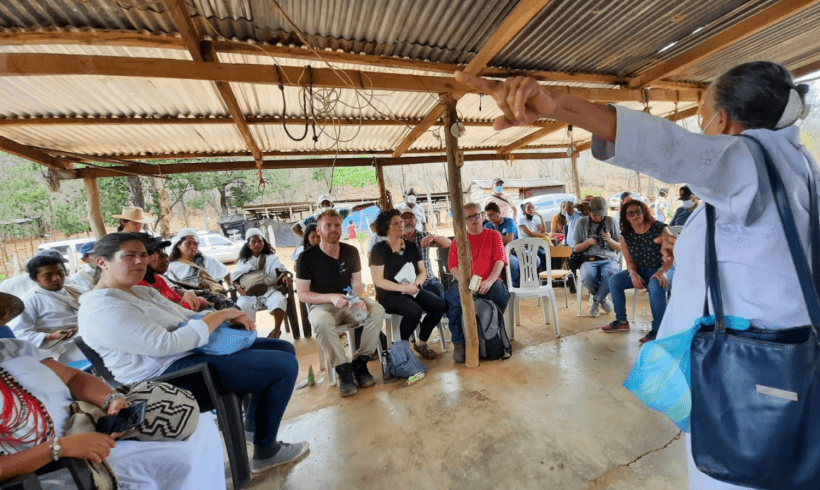Category: News Archive
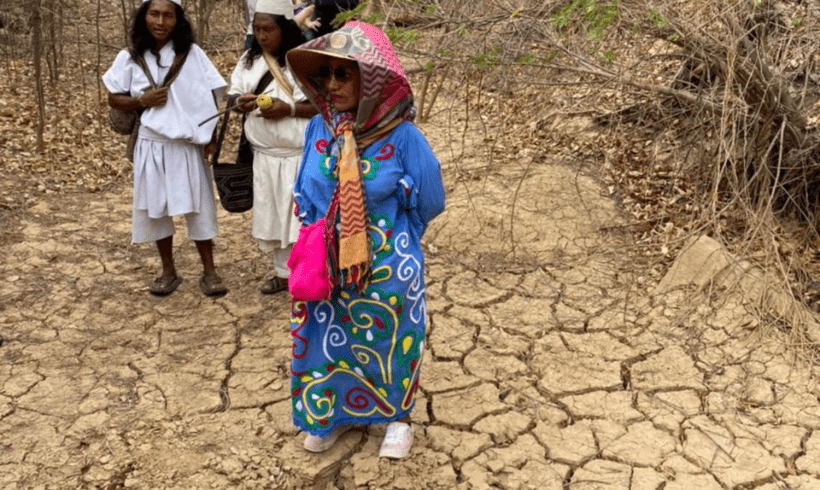
Public Statement: Colombian government authorises further destruction of Arroyo Bruno in La Guajira
On April 6 Government institutions announced their “final” decision to endorse the destruction of the natural course of the Bruno...
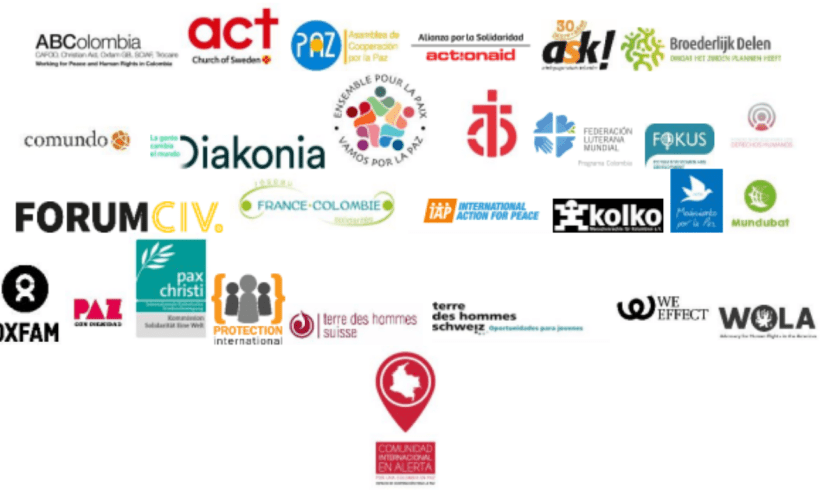
Public Statement: International organisations from the civil society reject the assassination of Thuthenas (consejero) Miller Correa.
See ABColombia’s Policy Briefing report HERE
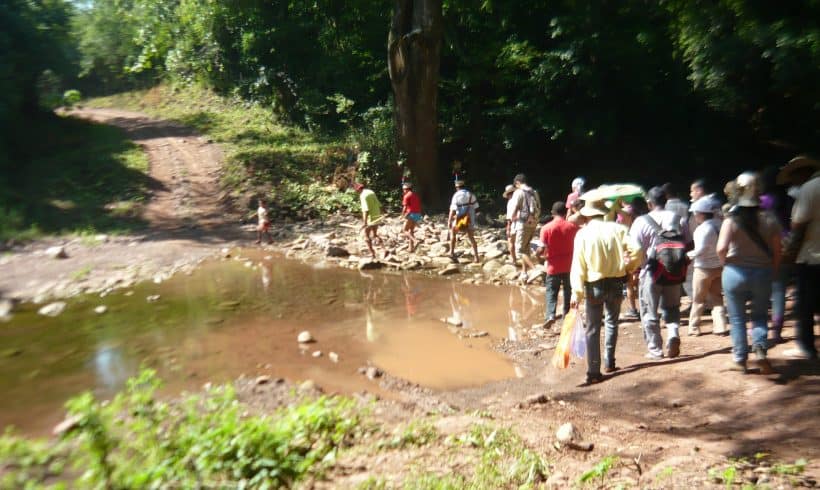
World Water Day 2022
While Colombia experiences three times the global average of rainfall per country, the water distribution is uneven. The large majority of freshwater is located in the Amazon Basin and the department of Chocó. According to Water Aid 1.2 million people in Colombia live without access to clean water.
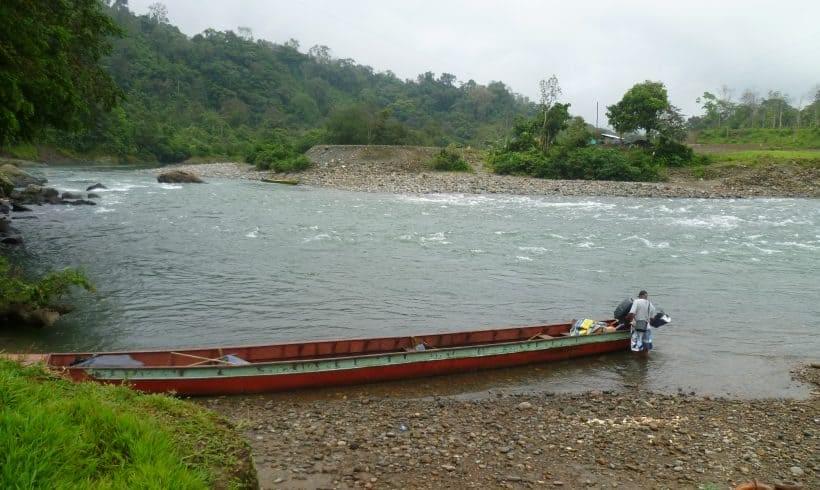
Urgent open dialogue is needed between the Catholic Church and the Colombian Government to find solutions for Chocó.
As the humanitarian crisis in the department of Chocó deepens, the Catholic Church continues to urge the Colombian government to...

On International Women’s Day we celebrate women working for women.
On 8 March 2022, International Women’s Day, ABColombia’s special mention goes to Sisma Mujer, one of our partner organisations in...
Evento: Guatemela y Colombia: Independencia Judicial en Riesgo.
VEA LA CONFERENCIA VIRTUAL EN ESPAÑOL AQUI DESCRIPCIÓN El 2 de Marzo de 2022 ABColombia, PBI UK, Federation of European Bars,...
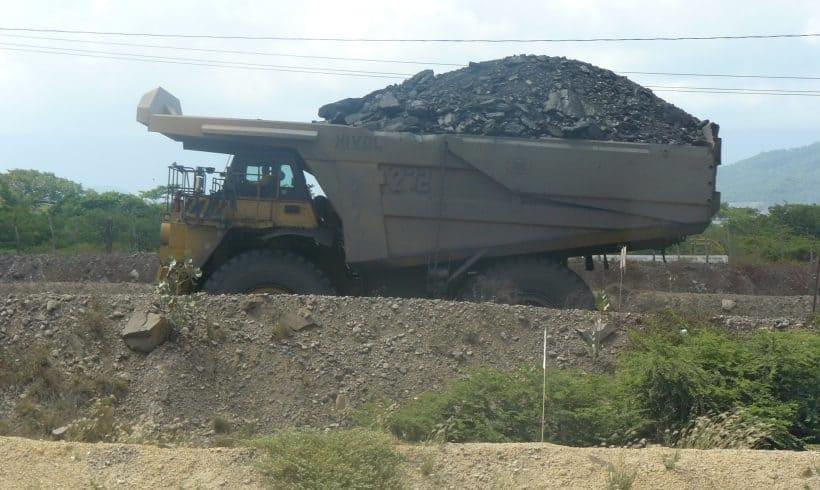
Business, Human Rights and Environment Act
As part of the Corporate Justice Coalition, ABColombia along with 30 other organisations have endorsed the statement below calling for...
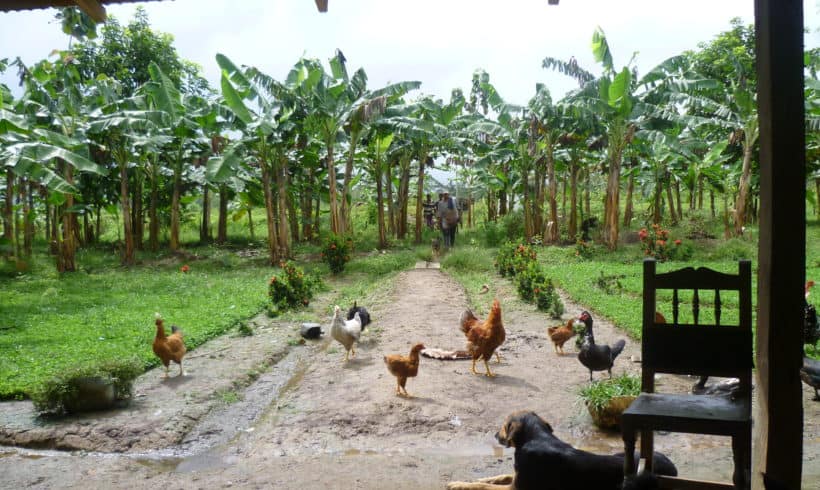
Criminalisation of Colombian Human Rights Defenders in Jiguamiandó and Curvadó
17 February 2021 Human rights defenders and community leaders in Uraba, are not only being killed but they are now...
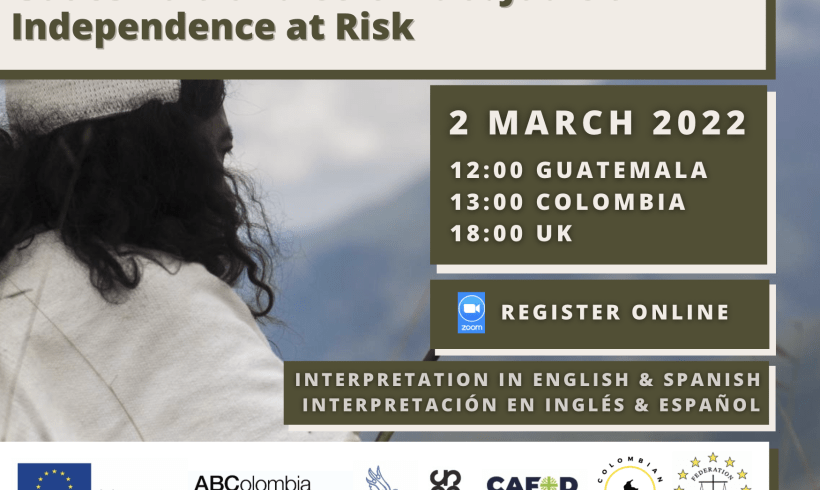
Event: Judicial Independence at Risk in Guatemala and Colombia.
Watch this event again in English here Virtual Event on 2 March 2022 Organisers: ABColombia, Federation of European Bars, Colombian Caravana...

